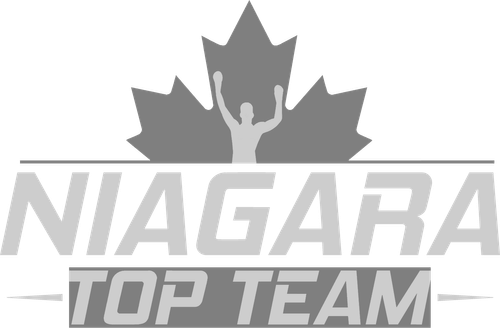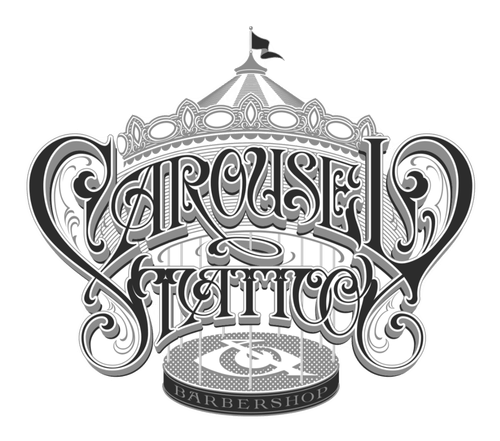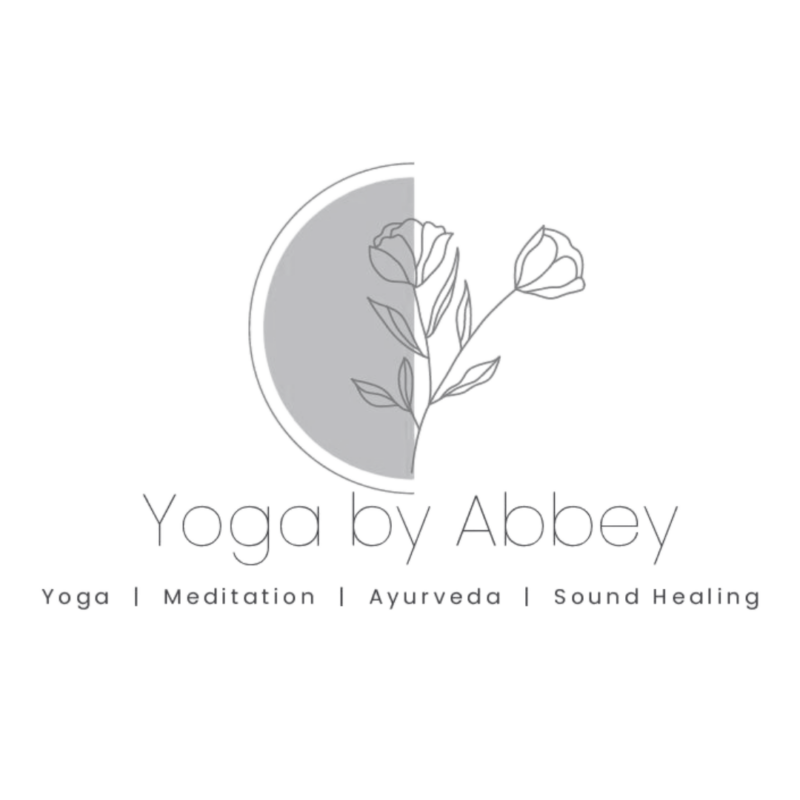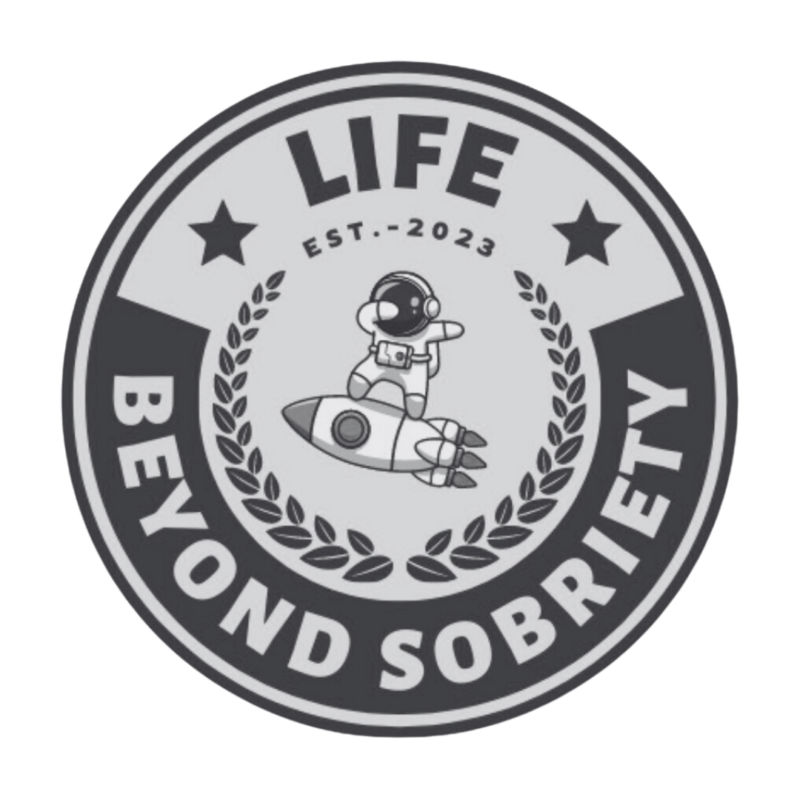Embracing a Holistic Approach to Addiction Recovery
At Twelve Mile Recovery, we believe in treating the whole person, not just the symptoms of addiction. Our holistic approach is designed to address the physical, mental, emotional, and spiritual elements that contribute to substance use disorders. This method allows us to provide comprehensive healing pathways that empower individuals to reclaim their lives. This philosophy is deeply rooted in our personal experiences and a commitment to comprehensive care.
Our team, comprised of individuals with lived experience in recovery, understands the multifaceted nature of addiction. We believe that by addressing the whole person, we can help clients break free from the cycle of addiction and transform their lives. With a focus on evidence-based therapies and alternative practices, we guide our clients towards sustainable recovery with understanding and empathy.
Our Trusted Inpatient Treatment Program
Our inpatient program offers a sanctuary away from the distractions and triggers of everyday life, allowing individuals to focus entirely on recovery. We provide a structured environment where clients can engage in intensive therapy sessions, both individually and in groups. This immersive experience is essential for developing the skills and resilience needed to maintain long-term sobriety.
Central to our approach is the integration of various therapeutic methodologies such as cognitive-behavioral therapy (CBT), trauma-informed care, and mindfulness practices. By customizing treatment plans to meet individual needs, we ensure that each client receives the personalized support they need to succeed. Our inpatient program is not just about treatment; it’s about creating a community where healing and growth are nurtured.
Evidence-Based Therapies at the Core
The foundation of our treatment program lies in the utilization of evidence-based therapies that have proven effective in addiction recovery. Techniques such as cognitive-behavioral therapy (CBT) and motivational interviewing are pivotal in helping clients understand the underlying triggers of their addiction. These methods empower clients to develop healthier coping strategies and prevent relapse.
By offering a robust range of therapeutic options, we can tailor our approach to fit the unique needs of each client. For those who have experienced trauma, our trauma-informed care model provides a safe space for clients to process their experiences and rebuild their lives. Through this evidence-based framework, we are able to make a lasting impact on the lives of individuals seeking help at our facility.
The Power of Physical Wellness
Physical wellness is a crucial component of our program at Twelve Mile Recovery. We understand the significant impact that a healthy lifestyle can have on the recovery process, and we incorporate fitness and nutrition into our treatment plans. By offering various activities, including yoga and martial arts, we help clients rebuild physical strength while also fostering mental clarity and emotional regulation.
Practicing martial arts provides not only a physical outlet but also cultivates qualities like self-discipline and resilience. Our clients often find that these activities enhance their ability to manage stress, a key factor in maintaining sobriety. By promoting overall well-being, we equip individuals with the tools they need to thrive in recovery and beyond.
The Role of Mindfulness and Spiritual Healing
Mindfulness and spiritual healing play central roles in our approach to drug rehab St Catharines. Practices such as meditation and yoga allow clients to connect with themselves on a deeper level, fostering a sense of inner peace and self-awareness. These practices also aid in managing stress and reducing anxiety, which are common challenges faced during recovery.
At Twelve Mile Recovery, we encourage clients to explore their spiritual beliefs and incorporate them into their healing journey. Our program offers various avenues for spiritual expression, whether it be through guided meditation, mindfulness exercises, or even personalized spiritual guidance. By nurturing these aspects of the self, we support clients in finding balance and meaning in their lives beyond addiction.
The Importance of Peer Support
Peer support is an invaluable aspect of our recovery program. Our clients benefit from the shared experiences and encouragement of others who are also on the path to recovery. This communal environment fosters trust, accountability, and camaraderie, all essential components of successful sobriety.
Group therapy sessions provide a platform for clients to express their thoughts and feelings openly, without judgment. This collective healing process allows individuals to learn from one another, gain new perspectives, and build a supportive network that extends beyond their time at Twelve Mile Recovery. We believe that by supporting each other, our clients can achieve and maintain lasting recovery.
Navigating the Path to Sobriety
Embarking on the journey of recovery can be daunting, but our dedicated team is here to support you every step of the way. Our intervention services help families and friends address addiction in a compassionate yet determined manner, paving the way for individuals to seek the help they need. By working closely with our clients, we develop personalized treatment plans that align with their unique needs and goals.
Our aftercare services ensure that clients who complete our program continue to receive the support necessary to maintain sobriety. From recovery counseling to virtual treatment programs, we offer a continuum of care that reinforces the progress made during inpatient treatment. At Twelve Mile Recovery, we are committed to helping individuals navigate the path to lasting recovery for themselves and their families.
Insights from Our Valued Clients
Our clients’ stories are a testament to the transformative power of our program. Leah Marie Radoman credits Jo and Chris for creating a safe and judgment-free space where she could heal and grow. Similarly, Michael Laughlin and Robyn O’Hara express their gratitude for the encouragement and inspiration they received from our team. Such testimonials showcase the profound impact that a compassionate and comprehensive approach can have on the lives of those we serve.
These insights highlight the importance of empathy and understanding in the recovery process. We take great pride in building strong, supportive relationships with our clients, promoting an environment conducive to healing and personal development. Through personalized care and dedicated support, we empower individuals to transform their lives and embrace a future free from addiction.
Your Journey to Recovery Starts Here
If you or a loved one are struggling with addiction, Twelve Mile Recovery is here to guide you on your journey to recovery. With a holistic and personalized approach, we provide the support and resources needed to overcome challenges and achieve a fulfilling, sober life. Our dedicated team is ready to help you rediscover your strengths, renew your spirit, and rebuild your life.
As part of our commitment to the St Catharines community, we offer a range of services that cater to varying needs and preferences. From traditional therapies to innovative practices like martial arts and mindfulness, our comprehensive program is designed to foster lasting change and personal growth. Take the first step towards a brighter future with Twelve Mile Recovery, and let us be your partner on this life-changing journey.
How many days do you get in rehab?
At Twelve Mile Recovery, the duration of rehab varies based on individual needs and circumstances. Typically, our inpatient programs range from 42 days to 6 weeks. However, some clients may benefit from longer stays, especially if they have co-occurring disorders or have struggled with addiction for an extended period. The aim is to ensure that each person receives adequate time to heal, learn new coping mechanisms, and build a solid foundation for long-term sobriety. Have you considered what length of stay might be most beneficial for your personal journey?
Do you have to pay for drug rehabilitation?
Yes, there is usually a cost associated with drug rehabilitation services. At Twelve Mile Recovery, we strive to offer a variety of payment options and can work with clients to explore insurance coverage that may help reduce expenses. Our goal is to make recovery accessible and affordable, so we encourage those in need to discuss financial concerns openly with our intake team. Have you looked into what financial assistance or insurance might be available to help you with the cost of rehab?
What services are available in Niagara to help someone with addiction or mental illness?
In the Niagara region, including Twelve Mile Recovery, there are numerous services designed to support individuals facing addiction and mental health challenges. These include inpatient and outpatient treatment programs, counseling services, peer support groups, and community health initiatives. We also collaborate with local organizations to ensure our clients have access to a comprehensive continuum of care. Do you think a combination of these services might provide the support you or your loved one needs?
What therapy is good for substance abuse?
At Twelve Mile Recovery, we emphasize evidence-based therapies proven effective for substance abuse treatment. Cognitive-behavioral therapy (CBT) is particularly beneficial as it helps clients identify and modify negative thought patterns and behaviors. Additionally, motivational interviewing and trauma-informed care are integral to our approach, empowering individuals to address the underlying causes of their addiction. Each therapy plays a role in helping our clients build healthier coping strategies to support their recovery. Have you thought about which type of therapy might resonate most with your personal experiences or needs?
How does mindfulness contribute to addiction recovery?
Mindfulness is a powerful tool in addiction recovery. At Twelve Mile Recovery, we incorporate mindfulness practices like meditation and yoga to help clients develop greater self-awareness and emotional regulation. By focusing on the present moment, individuals can reduce stress and anxiety, which are common triggers for relapse. Mindfulness also encourages a deeper understanding of oneself, fostering a sense of inner peace and resilience. How do you see mindfulness fitting into your recovery journey or daily life?
How important is peer support in the recovery process?
Peer support is crucial in the recovery process as it provides a sense of community and understanding among those who have shared similar experiences. At Twelve Mile Recovery, we place great emphasis on group therapy and peer support groups, where clients can share their journeys and learn from one another. This communal environment fosters accountability, trust, and a sense of belonging, all of which are vital for successful, long-term recovery. Have you experienced the benefits of peer support in any other areas of your life?
Resources
- Substance Abuse and Mental Health Services Administration (SAMHSA) – SAMHSA is a government agency that leads public health efforts to advance the behavioral health of the nation. They provide resources, programs, and information on addiction treatment and recovery.
- National Institute on Drug Abuse (NIDA) – NIDA is a research-focused organization that provides information on drug abuse and addiction. They fund research, provide educational resources, and promote effective treatment approaches.
- Psychology Today – Psychology Today offers articles and resources on addiction, mental health, and treatment options. They provide a directory of therapists and treatment centers for individuals seeking help.
- National Center for Biotechnology Information (NCBI) – NCBI is a part of the National Institutes of Health (NIH) and provides access to a vast collection of biomedical and life sciences research. They offer studies and information on addiction and recovery.
- Addiction Center – Addiction Center is a resource for individuals seeking information about addiction, treatment options, and recovery support. They offer articles, guides, and tools to help individuals understand and address addiction.












